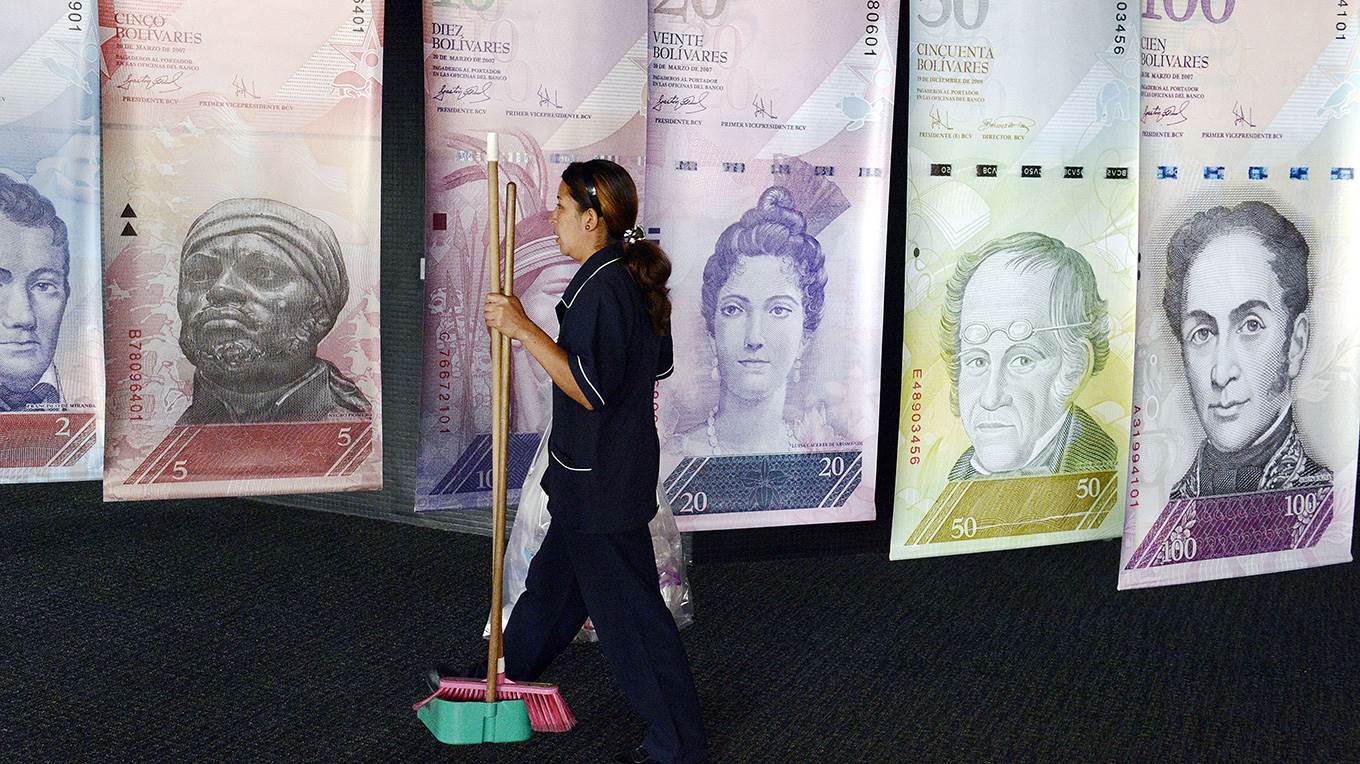
THE CURIOUS CASE OF THE MISSING DEFAULTS
CAMBRIDGE – Booms and busts in international capital flows and commodity prices, as well as the vagaries of international interest rates, have long been associated with economic crises, especially – but not exclusively – in emerging markets. The “type” of crisis varies by time and place. Sometimes the “sudden stop” in capital inflows sparks a currency crash, sometimes a banking crisis, and quite often a sovereign default. Twin and triple crises are not uncommon.
Rising international interest rates have usually been bad news for countries where the government and/or the private sector rely on external borrowing. But for many emerging markets, external conditions began to worsen around 2012, when China’s growth slowed, commodity prices plummeted, and capital flows dried up – developments that sparked a spate of currency crashes spanning nearly every region.
In my recent work with Vincent Reinhart and Christoph Trebesch, I show that over the past two centuries, this “double bust” (in commodities and capital flows) has led to a spike in sovereign defaults, usually with a lag of 1-3 years. Yet, since the peak in commodity prices and global capital flows around 2011, the incidence of sovereign defaults worldwide has risen only modestly.
…click on the above link to read the rest of the article…